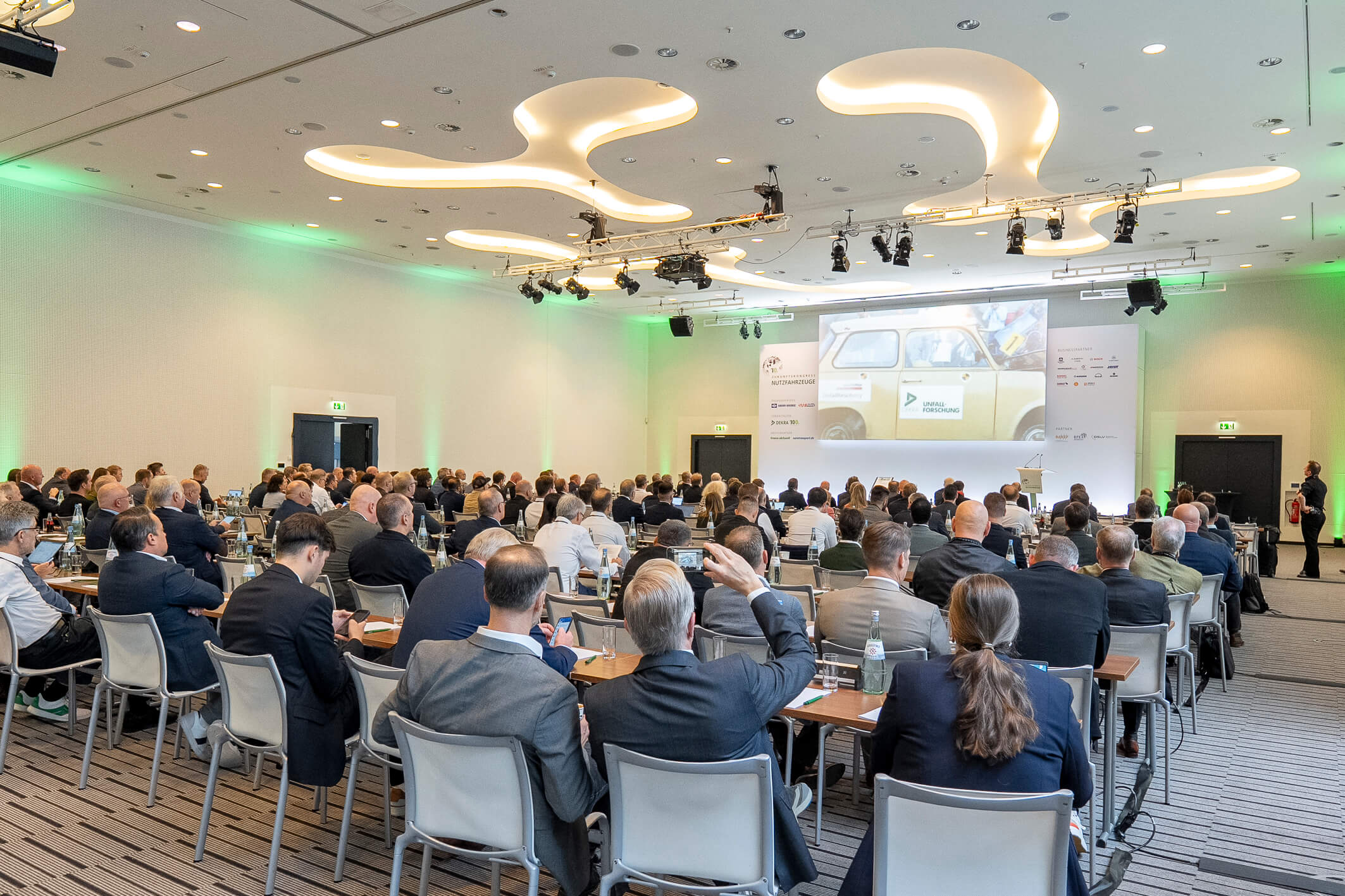From Testing Grounds to Highways
The biggest revelation? Zero-emission trucks have left the lab. Across Europe, electric trucks are clocking kilometres, day in and day out, proving that clean transport can be reliable, efficient, and commercially viable.
Cologne-based Hylane is a perfect example. Their approach mixes battery-electric and hydrogen trucks into a single, data-driven ecosystem. With dozens of battery-electric trucks already powering DHL’s logistics, the company gathers real-world insights on range, charging behaviour, and operational efficiency. The takeaway: zero-emission trucks work under everyday conditions - but the economics remain challenging. Premium acquisition costs mean that fleets need smart leasing and financing models to make the transition feasible without breaking the bank.
Meanwhile, the conversation isn’t limited to the trucks themselves. Highway charging networks, depot infrastructure, and even battery-swapping solutions are rapidly scaling. Overnight depot charging is becoming a real game-changer, letting fleets recharge where they park - efficient, convenient, and crucial for keeping schedules on track.
Where Do Trucks Sleep at Night?
Parking may not sound glamorous, but it’s a critical bottleneck for Europe’s logistics. More than 100,000 secure truck spaces are missing, creating safety risks and inefficiencies that ripple across the supply chain.
Enter smart, connected parking. Platforms like Bosch Road Services are turning idle spaces - stadium lots, fairgrounds, and other underused areas - into secure, monetisable, and fully bookable parking hubs. Drivers and dispatchers can reserve spots in real time, while IoT integration ensures smooth operations. Combine that with overnight depot charging, and one of the logistics world’s biggest headaches could soon be a thing of the past.

Ecosystems Over Ego Systems
Another standout theme: ecosystems are replacing isolated solutions. The future of commercial mobility isn’t about a single truck or supplier; it’s about a connected web of vehicles, services, and platforms.
Knorr-Bremse demonstrated exactly this, showing how digital platforms, data-driven services, and strategic acquisitions like Travis Road Services are transforming the aftermarket into a networked engine of efficiency and collaboration. Fleets, workshops, and distributors are no longer operating in silos - they’re part of an integrated ecosystem that optimises uptime, maintenance, and service delivery.
Other suppliers, from SAF-Holland to Kögel and BPW, echoed this approach, showing how electrification, automation, and digital services are reshaping their product portfolios and redefining what “aftermarket” actually means.
Green, Grounded, and Gaining Speed
Perhaps the most striking impression from the congress was the industry’s pragmatism. Zero-emission trucks aren’t a futuristic dream anymore - they are real, reliable, and in daily operation. Parking, connectivity, and ecosystem challenges aren’t theoretical either; they are being solved with digital tools and innovative business models.
Safety and sustainability continue to anchor the industry’s agenda. Awards celebrated excellence in vehicle safety and eco-performance, but the larger takeaway is momentum. From high-power highway charging stations to smart depot solutions, from battery-electric fleets to technology-neutral hydrogen trials, Europe’s commercial mobility is not just evolving - it’s moving. Fast, connected, and cleaner than ever.
The 6th DEKRA Future Congress showed that the conversation is shifting from what could be possible to what is happening. And for the first time, that shift feels tangible, actionable, and - dare we say - exciting.

Photo Copyright: AI-Generated via FREEPIK and DEKRA.com
Secure your MOTION MAG copy online now: EDITION SIX


